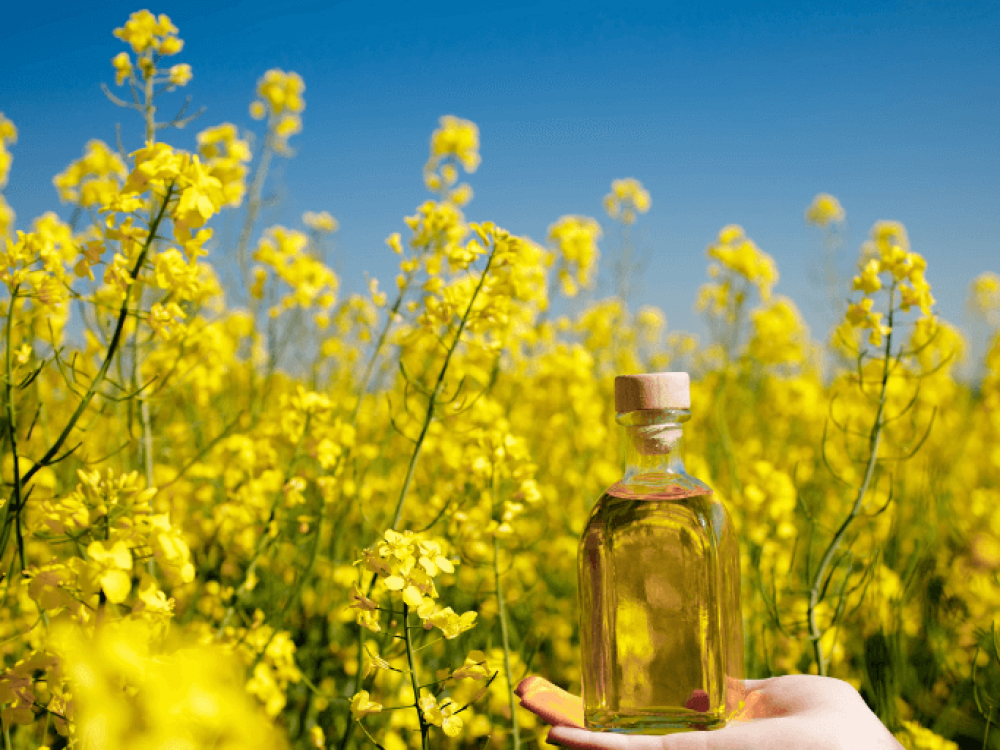Saturday, 17 January 2026

With high temperature affecting rapeseed and mustard, the farmer preferences are gradually tilting towards wheat and potato, resulting in 10 per cent decline in acreage of rapeseeds
Despite rising prices, rapeseed and mustard planting in India is expected to decline as farmers move to less heat-sensitive crops with comparable yields due to above-normal temperatures during the sowing season.
India, the world’s largest importer of vegetable oils, may have to boost costly imports of cooking oils like palm, soy, and sunflower oil to meet growing demand if its primary winter-sown oilseed crop production declines.
In Rajasthan, temperatures remained higher than normal throughout October and the first three weeks of November, which was bad for the crop. In many places, germination failed for the early-planted crops. Hence farmers ended up switching to maize and potato. According to weather department data, Rajasthan’s major producing regions saw maximum temperatures in recent weeks that were 2 to 7 degrees Celsius over average resulting in shifting preferences from rapeseed to other crops.